Publications
Articles, publications, books, tools and multimedia features from the U.S. Institute of Peace provide the latest news, analysis, research findings, practitioner guides and reports, all related to the conflict zones and issues that are at the center of the Institute’s work to prevent and reduce violent conflict.
Teaching Peace or War?
Congressional Testimony by Richard H. Solomon, president of the U.S. Institute of Peace.
The United States and Coercive Diplomacy: Past, Present, and Future
With increasing frequency, U.S. leaders try to achieve their foreign policy goals by marrying diplomacy to military muscle. How does coercive diplomacy operate and how well does it work?
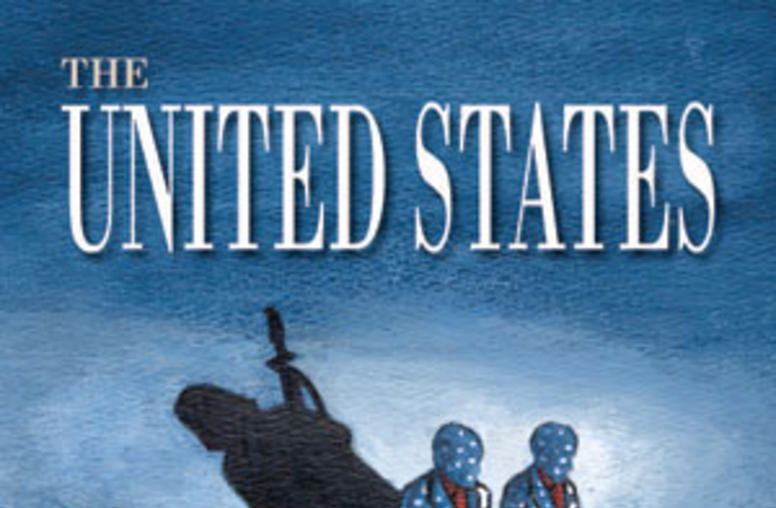
United States and Coercive Diplomacy
With increasing frequency, U.S. leaders look to achieve their foreign policy goals by marrying diplomacy to military muscle. Since the end of the Cold War, "coercive diplomacy"—the effort to change the behavior of a target state or group through the threat or limited use of military force—has been used in no fewer than eight cases.
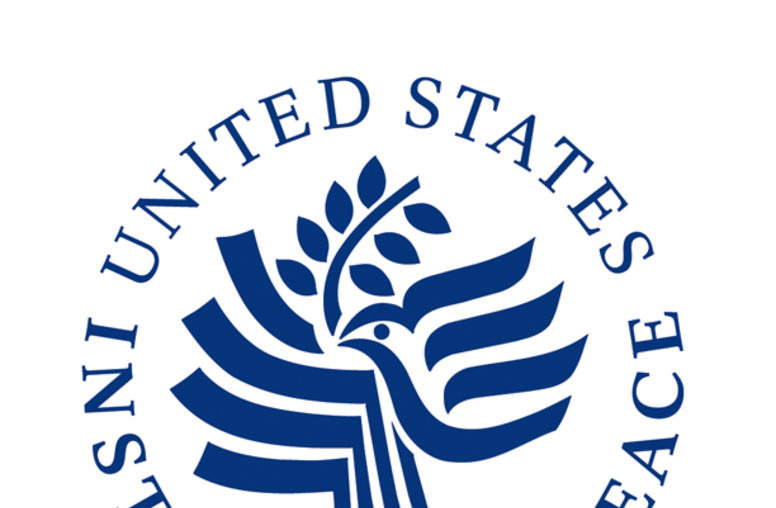
U.S. Involvement Deepens As Armed Conflict Escalates In Colombia
While American public attention has been focused elsewhere, U.S. engagement in Colombia has been steadily growing, as has the armed conflict there.
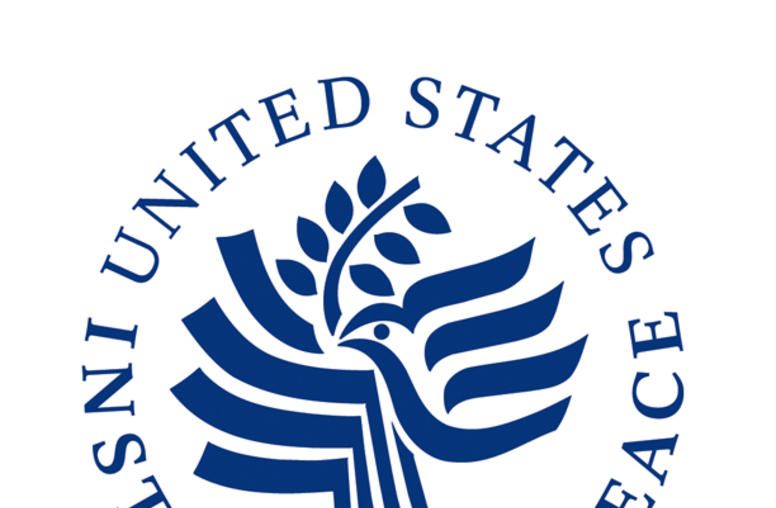
Sudan: U.S. Supported Peace Negotiations Bearing Fruit
Examines the Sudan peace process and the continued need for U.S. engagement in Africa.
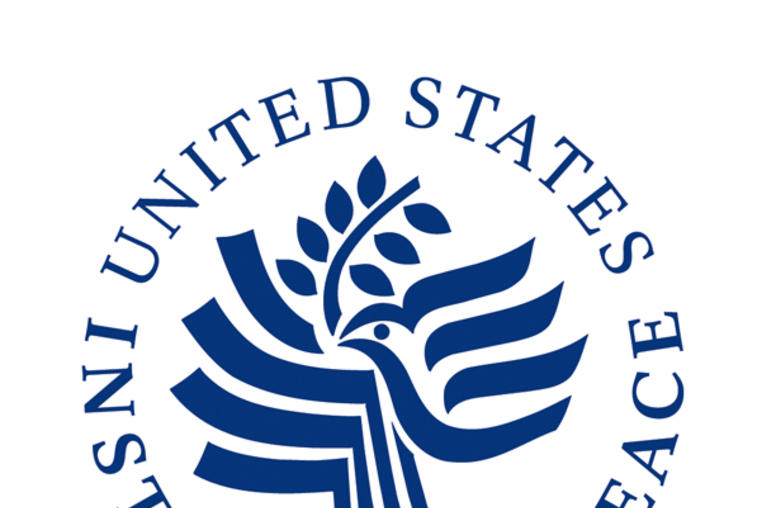
Crises on the Korean Peninsula
The United States and North Korea are in a tense nuclear stand-off; U.S.-South Korean relations are straining under the weight of rising anti-Americanism south of the DMZ. What options are open to U.S. policymakers to resolve these crises?
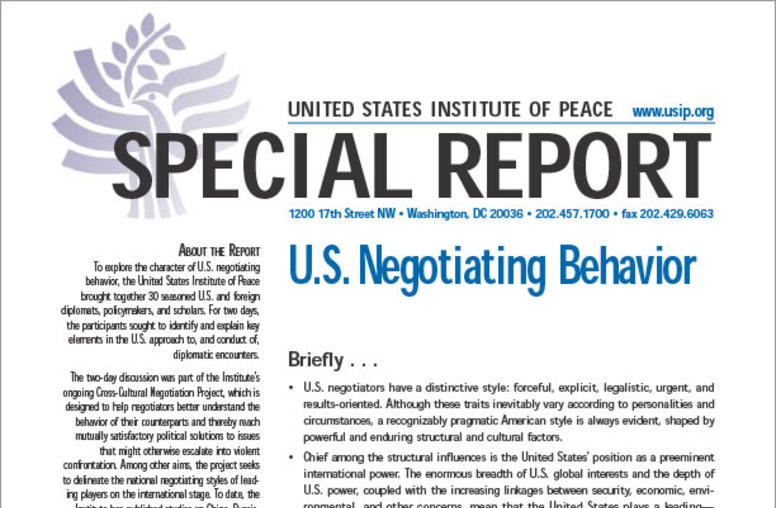
U.S. Negotiating Behavior
Summary U.S. negotiators have a distinctive style: forceful, explicit, legalistic, urgent, and results-oriented. Although these traits inevitably vary according to personalities and circumstances, a recognizably pragmatic American style is always evident, shaped by powerful and enduring structural and cultural factors.
Transatlantic Relations Web Links
Below are links by topical categories to resources primarily in English providing information on relations between the United States and Europe. For related Web links, see Regional Resources: Europe, which includes links for Bosnia, Kosovo, Montenegro, Macedonia, Southeastern Europe and Supporting Democracy in Yugoslavia, and NATO at FIFTY: Web Links on the 50th anniversary of NATO. Government Agencies and Re...
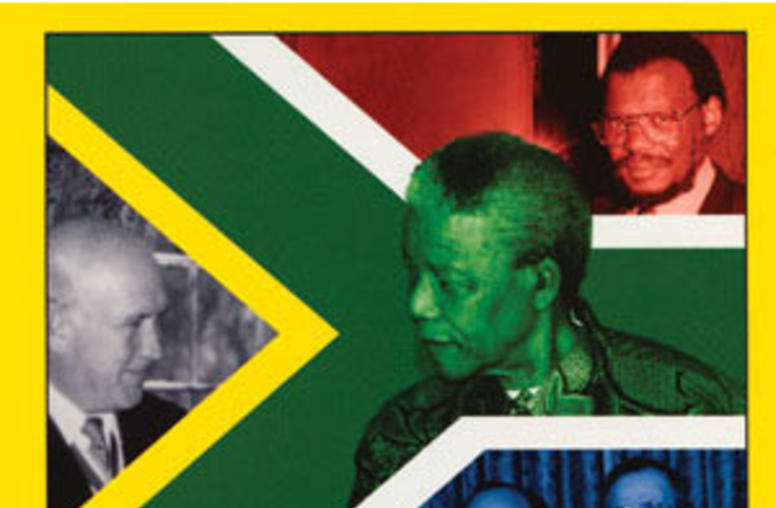
Partner to History
A remarkable book about a remarkable time, Partner to History reveals the role played by U.S. diplomacy in South Africa's surprisingly successful transition from apartheid to democracy.
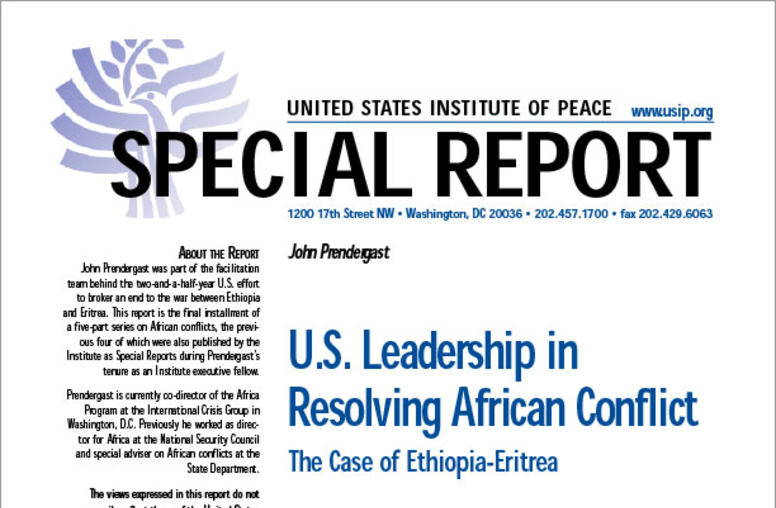
U.S. Leadership in Resolving African Conflict: The Case of Ethiopia-Eritrea
John Prendergast was part of the facilitation team behind the two-and-a-half-year U.S. effort to broker an end to the war between Ethiopia and Eritrea. This report is the final installment of a five-part series on African conflicts, the previous four of which were also published by the Institute as Special Reports during Prendergast's tenure as an Institute executive fellow.